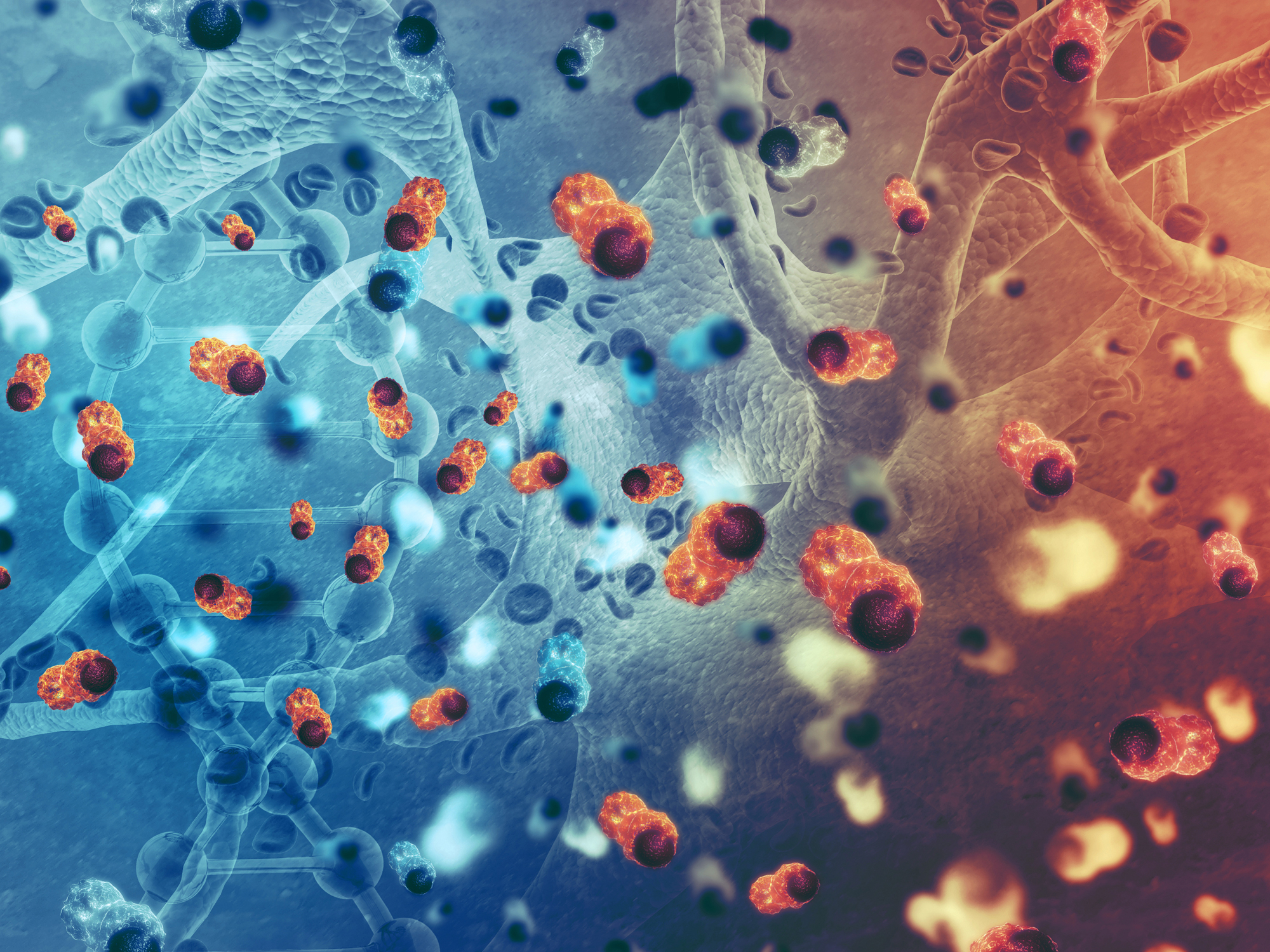Get Easy Health Digest™ in your inbox and don’t miss a thing when you subscribe today. Plus, get the free bonus report, Mother Nature’s Tips, Tricks and Remedies for Cholesterol, Blood Pressure & Blood Sugar as my way of saying welcome to the community!
Why diabetes causes cancer to spread

Insulin injections. Restrictive diets. Daily feet checks. Fatigue. The looming threat of complications like kidney, eye and nerve damage. There are a lot of downsides to living with diabetes.
But there’s one big downside that might not be on your radar — cancer.
Diabetes raises your cancer risk quite a bit. Men with diabetes are 19 percent more likely to develop cancer. But women are especially vulnerable to the diabetes-cancer connection…
Women with diabetes are 27 percent more likely to develop cancer than healthy women. They’re also 11 percent more likely to develop kidney cancer, 13 percent more likely to develop oral cancer, 14 percent more likely to develop stomach cancer and 15 percent more likely to develop leukemia than men with diabetes.
This all bad news if you’re a woman with diabetes. But unfortunately, it gets even worse…
A new study shows that not only are people with diabetes more likely to develop cancer, but they’re more likely to develop the kind that spreads.
High blood sugar paves the way for migrating cancer cells
Researchers from New Cornell University recently discovered a link between diabetes and metastatic cancer (the kind that spreads).
Using breast cancer cells in a laboratory, they discovered that high concentrations of sugar in the blood encourages cancer cells to move.
More specifically, it triggers a process called glycation where sugar bonds to a protein or fat molecule. Glycation changes the structure of collagen fibers in tissue. It makes them taut and strong, like a tight rope that’s easy to cross. That makes it a piece of cake for cancer cells to move to new locations.
When researchers compared glycation concentration to cancer cell movement, they found that the more glycation there was, the farther and faster cancer cells moved.
What to do about your diabetes… and cancer risk
If you’re someone with diabetes, it’s your job to prevent glycation from triggering (or worsening cancer) in your body. You can do that by maintaining balanced blood sugar. I know what you’re thinking… easier said than done.
And it’s true that maintaining balanced blood sugar when you have diabetes isn’t easy. But there are proven ways to get your blood sugar back and track (and even send your diabetes into remission), so you don’t have to worry about this scary cancer risk.
For example, a 2018 study found that losing weight (if you’re overweight) can reverse your diabetes if you do it within six years of your diagnosis. And a 2017 study found that following a low-calorie diet for just eight weeks can reverse type 2 diabetes.
So, there are simple (although, not necessarily easy) solutions available if you’re ready to create a future free from diabetes… and cancer.
Editor’s note: Are you feeling unusually tired? You may think this is normal aging, but the problem could be your master hormone. When it’s not working, your risk of age-related diseases skyrockets. To reset what many call “the trigger for all disease” and live better, longer, click here to discover The Insulin Factor: How to Repair Your Body’s Master Controller and Conquer Chronic Disease!
Sources:
- ‘Link between diabetes and cancer risk firmly established’ — Medical News Today
- Risk of metastatic cancer increases in those who have diabetes — MedicalXpress
- Glycation of collagen matrices promotes breast tumor cell invasion — Integrative Biology













